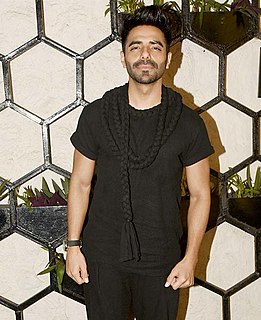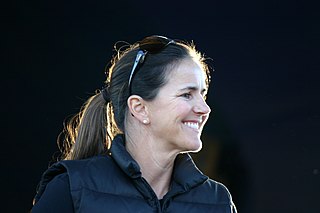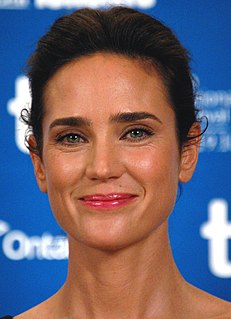A Quote by Aparshakti Khurana
I do not keep a track of numbers as such, but I am definitely aware of how a film of mine is doing when it is playing in theatres. More than the numbers, it is important to know how the audience is reacting to the film.
Related Quotes
The first thing I say when people ask what's the difference [between doing TV and film], is that film has an ending and TV doesn't. When I write a film, all I think about is where the thing ends and how to get the audience there. And in television, it can't end. You need the audience to return the next week. It kind of shifts the drive of the story. But I find that more as a writer than as a director.
When I was younger, I definitely thought musical theater was sort of more pure than film. I used to say I'd never go to film because we had to get it right the first time in musical theater. But then, of course, I started doing film and realized I loved it. Keep in mind that I was 8 years old when I said that.
The film world is far more male-dominated. I mean, the numbers are staggering at the level of how many people on set there are, and almost all the trades in film, there's a lot more men. So I can see without anyone intending to be biased [that] we have kind of a collective choosing of men's stories and a collective of taking men's stories seriously.
I can feel how an audience is reacting when I'm on a stage, but when you are on stage, your perception is distorted. That's something you just have to know. It's like pilots that fly at high Gs and they lose, sometimes, consciousness and hand/eye coordination and they just have to know that that's going to happen. They have to be trained to not try to do too much while they are doing that. So when you are on stage, you have to be aware that you are wrong about how it feels a lot of times.




































